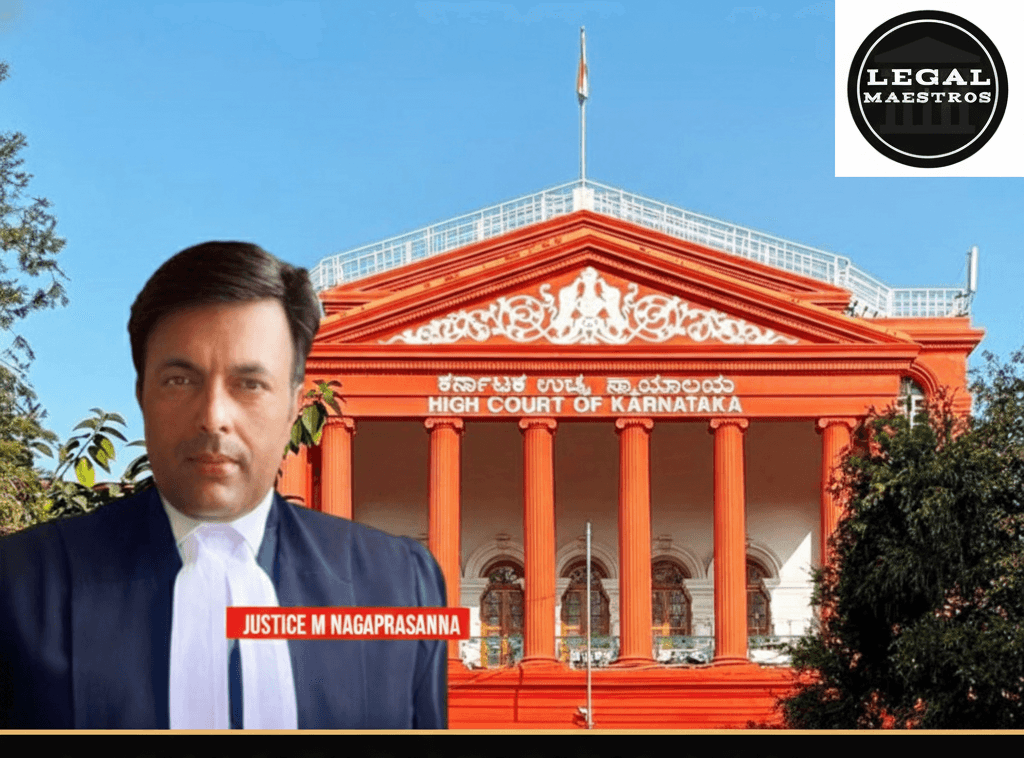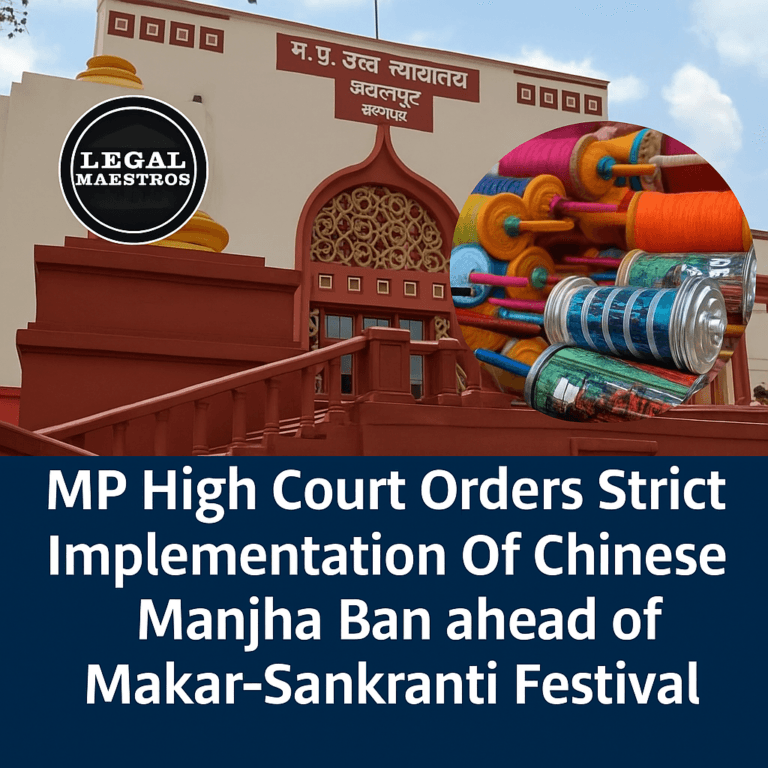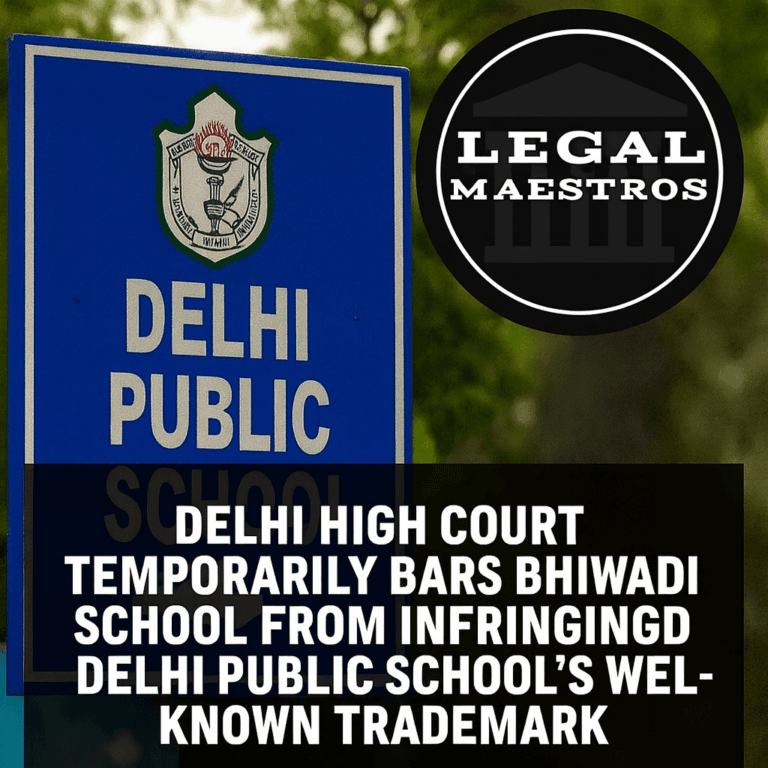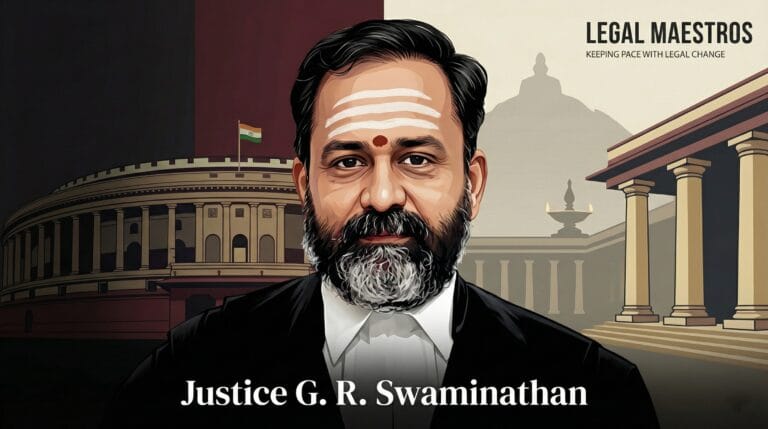
Justice M Nagaprasanna Halts Karnataka Govt Order: HC Stays Ban on Unauthorised RSS Marches in Public Spaces
High Court Stays Karnataka Order on Public Gatherings
This order had stipulated the restriction of meetings with over ten people in any public or government-owned area without prior written notice. The order was placed on interim stay by justice M Nagaprasanna of the Dharwad bench until further hearing.
Some of the petitioners who petitioned against the government in the court included an organization known as Punashchethana Seva Samsthe. They contended that the order was not constitutional and it outright violated basic rights. The prohibition was broadly regarded as an effort to restrain the route marches and street undertaking of the Rashtriya Swayamsevak Sangh (RSS) just before its centenary.
The time of the order was most delicate, and it was just in advance of a proposed RSS route march in Chittapur. It is the home constituency of state minister Priyank Kharge who had actively campaigned to have such a ban. The decision by the High Court led to the RSS holding back its event. State government led by Chief Minister Siddaramaiah has declared that they would like to challenge the stay with a division bench.
For any queries or to publish an article or post or advertisement on our platform, do call at +91 6377460764 or email us at contact@legalmaestros.com.
The Controversial Directive of the Government.
The Karnataka Home Department order did not mention any one particular organization by name, much less the RSS. Rather it was generically articulated and it forbade any private organisation, association or group of persons to use government property, without authorisation. This also covered roads, parks, playgrounds, school premises, and any other such places of the state.
This order declared that any meeting of over ten individuals without this previous permission would be taken as an illegal assembly. This form of gathering would be subject to punishment by Bharatiya Nyaya Sanhita (BNS). The reasoning posted by the government was to make sure that people have access, to avoid obstacles and uphold law and order.
This action was taken following a letter by the Minister Priyank Kharge to the Chief Minister demanding that activities of the RSS be prohibited in government and open places. Mr. Kharge also accused the organisation of propagating anti-Constitution ideas. Though the Chief Minister subsequently added that the command was not on any given group, the political setting was unmistakably an indication that it was directed mostly towards the RSS.
The state government argued its stand by citing an older rule which was passed in 2013 which limited school premises to educational use, only. But the new order was much broader, extending to all the public properties. It is this wide coverage that brought the instant legal objection of the petitioners.
Legal Reasoning of Justice Nagaprasanna.
Justice M Nagaprasanna in his interim order, gave a very good defense of constitutional freedoms. On the surface, he noted that the order issued by the government suppressed the basic rights enshrined on every citizen. He particularly referred to the Article 19(1)(a) on freedom of speech and expression and Article 19(1)(b) on the right to assemble peacefully.
According to the judge, these are the basic rights as provided in Chapter III of the Constitution and cannot be stripped through an easy executive or administrative decree. He observed that the Constitution articulately prohibits the state in Article 13(2) against enacting any such law as will violate these rights. He argued that since a formal law can not readily do so, an administrative order can not either.
Justice Nagaprasanna said such a decision would enable the order of the government to proceed would prima facie amount to stripping citizens of liberty granted to them. He discovered that the order was against the Constitution. The court also questioned the motive of the government, whether it was attempting to do anything other than what it was attempting to achieve through such a broad-scale directive.
The petitioners had further submitted that the field was not new and that it had been already addressed in the current laws e.g. the Karnataka Police act. This act already contains such provisions as Section 31 that regulate assemblies and processions. These lawyers pointed that the government could not go around this already in existence statute by issuing a new executive order and the court was persuaded by this argument.
The Case of the Freedom of Assembly.
The ruling of the court was of a nature of legal arguments presented by the petitioners who were headed by senior advocate Ashok Haranahalli. They claimed that the order was too broad that it would make daily activities criminal. Mr. The case presented by Haranahalli to the court was hypothetical in the sense that she wanted to know how a laughter club or a walking group could be transformed into an unlawful assembly in a park.
He claimed that this new rule was in non-compliance with not only the right to assemble but also Article 14 that insured equal treatment before the law, and Article 21, which secured life and individual freedom. The petition branded the order as being unconstitutional and an unwarranted exercise of state power. This argument was used; the government cannot just prohibit all meetings in every one of the places.
The questioning of the High Court bench also offered some confusion on the intentions of the government. Upon request by the advocate of the government to give time to consult, the court observed that the police act provisions had already been in force to control the order of the people. The stay order issued by Justice Nagaprasanna basically concurred with the petitioners that the directive issued by the government was a disproportionate and prima facie restriction that was unconstitutional.
The court has set the matter to have the next hearing on November 17, 2025. The ban is suspended until that time when organisations can conduct gatherings in public places. The court ruling was celebrated by the political opposition in the state, as it was described by them as a slap on the face of the state government and a lesson to learn in the importance of adhering to the constitutional rights.








